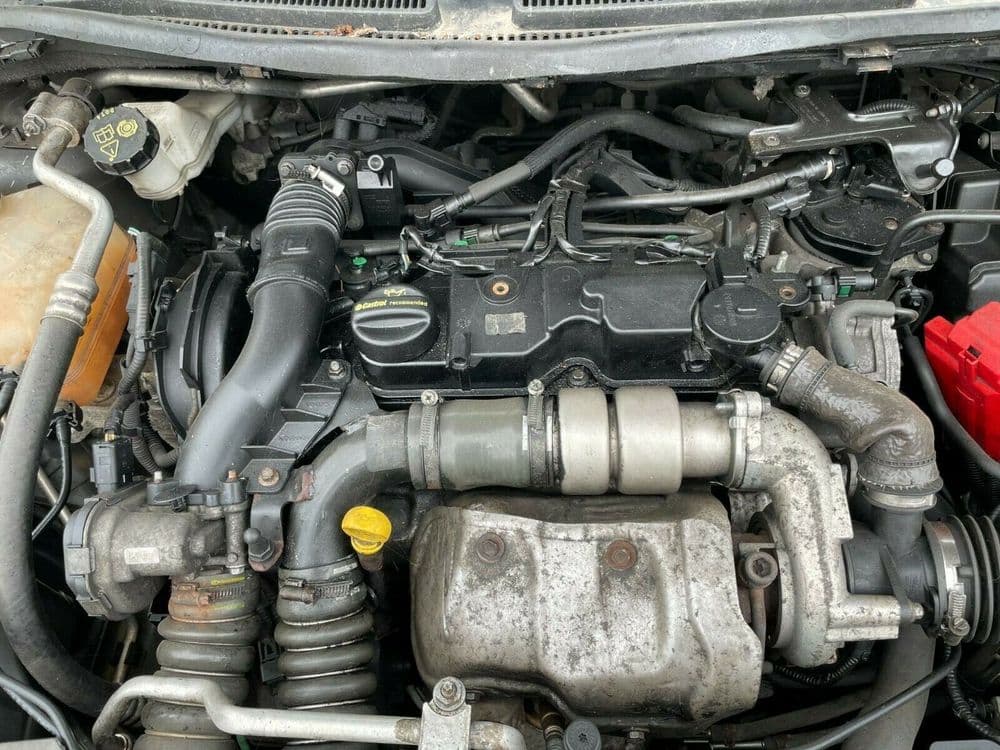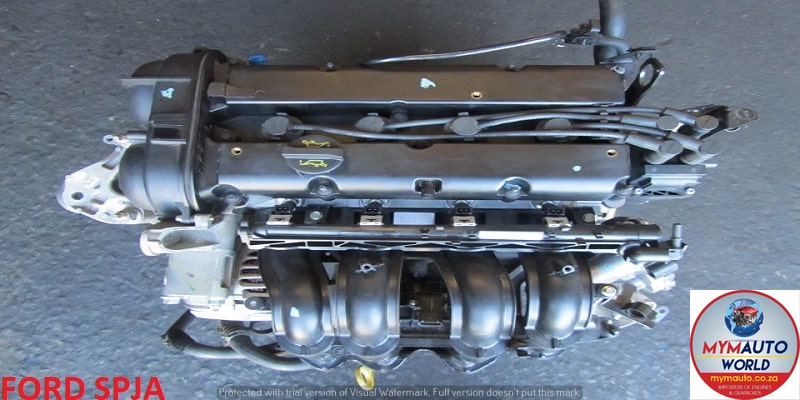Expert Tips for Optimizing Your Ford Fiesta Engine Efficiency
Expert Tips for Optimizing Your Ford Fiesta Engine Efficiency
Blog Article
The Future of Engines: Innovations Driving Lasting Power Solutions
As the vehicle market navigates the necessary change in the direction of sustainability, the future of engines is progressively defined by groundbreaking advancements. Electric engine developments, alongside promising developments in hydrogen gas cells and biofuels, are improving the landscape of power remedies.
Electric Engine Developments
The advancement of electrical engine advancements represents a critical change in the aerospace and vehicle markets, driven by the immediate requirement for lasting options to nonrenewable fuel sources. This transition is defined by substantial innovations in battery modern technology, power electronics, and electrical motor design, which jointly enhance the performance and performance of electrical engines.
Recent technologies have brought about the creation of lighter, extra energy-dense batteries, such as lithium-silicon and solid-state batteries, which guarantee longer arrays and shorter billing times. Furthermore, improvements in electrical motor effectiveness, such as the usage of long-term magnets and progressed cooling systems, enable electric engines to run successfully under differing conditions. These improvements not only enhance vehicle performance however additionally add to a reduction in general power intake.
Furthermore, the combination of innovative software application formulas has actually optimized energy administration in electrical vehicles, allowing for regenerative braking and anticipating billing techniques. As makers significantly embrace electric propulsion, the vehicle and aerospace sectors are experiencing a paradigm shift in the direction of greener technologies. This advancement not just meets regulatory demands yet also aligns with consumer preferences for environmentally friendly transportation solutions, solidifying electrical engines as a keystone of future lasting flexibility.
Advancements in Biofuels
As the automobile and aerospace industries progressively focus on lasting power resources, advancements in biofuels arise as a corresponding option to electric engines. Biofuels, originated from organic products such as crops, waste, and algae, present an innovative method for reducing greenhouse gas exhausts and reliance on fossil gas.
Recent research has focused on boosting the effectiveness and sustainability of biofuel production. Second-generation biofuels make use of non-food feedstocks, lessening competition with food supply and reducing ecological effect. Improvements in synthetic biology have actually enabled the design of bacteria to generate biofuels much more properly, leading to higher returns and reduced production prices.
Furthermore, the development of drop-in biofuels enables smooth combination into existing framework, allowing a smoother change for markets generally dependent on fossil fuels. ford fiesta engine. These gas can be used in present engines without modifications, promoting their adoption across numerous industries
Investments in biofuel modern technology, along with helpful plans, are important to drive advancement and scalability. As the international community seeks to fight environment adjustment, biofuels offer a pragmatic, immediate option that straightens with the overarching objective of sustainability in transportation and aviation.
Hydrogen Fuel Cell Modern Technology
A growing number of researchers and business are exploring hydrogen fuel cell innovation as a sensible option to traditional source of power in transport and energy systems. This innovation transforms chemical energy from hydrogen right into electrical energy via an electrochemical response, with click to read water as the only result, making it an eco pleasant alternative.
The core of hydrogen gas cells is the fuel cell stack, where hydrogen molecules are split right into electrons and protons. The circulation of electrons produces power, while protons relocate with a membrane to combine with oxygen from the air, forming water. This process causes high performance and low discharges, positioning hydrogen gas cells as a vital player in the transition to sustainable power.
Considerable developments have been made in boosting the durability and performance of fuel cells, alongside lowering expenses through innovative production methods. The growth of hydrogen production approaches, such as electrolysis powered by sustainable energy resources, improves the sustainability of the overall system. As framework for hydrogen refueling expands and production approaches become a lot more reliable, hydrogen fuel cell you can try this out technology holds great pledge for decarbonizing various markets, including durable transportation and stationary power generation.
Hybrid Equipments and Their Impact
Crossbreed systems stand for a significant evolution in sustainable engine innovation, combining typical internal combustion engines with electric propulsion to maximize power performance and lower exhausts (ford fiesta engine). This twin approach permits lorries to make use of both power resources, allowing higher versatility in energy consumption and decreasing reliance on nonrenewable fuel sources

In enhancement to environmental benefits, hybrid systems provide consumers a sensible change towards fully electric cars. They minimize variety stress and anxiety by incorporating the ease of fuel with the benefits of electrical propulsion, making them an eye-catching option for a larger audience.
The Function of AI in Engine Style
Leveraging innovative formulas and artificial intelligence techniques, the automobile market is increasingly incorporating expert system (AI) into engine layout processes. AI boosts the efficiency and effectiveness of style by analyzing large datasets to determine optimum arrangements and performance specifications. This ability permits designers to simulate numerous operating conditions and forecast engine habits under several circumstances, significantly minimizing the moment and expense related to conventional prototyping methods.
Additionally, AI facilitates the advancement of advanced products and combustion procedures tailored for sustainability. By maximizing fuel performance and lessening emissions, AI-driven layouts line up with international efforts aimed at minimizing the carbon footprint of vehicle you could try these out engines. Machine understanding algorithms can additionally predict maintenance requirements, resulting in enhanced integrity and longevity of engine parts.
Moreover, AI contributes in the integration of electrification innovations, such as crossbreed systems, where it can enhance battery monitoring and energy healing procedures. As the sector moves in the direction of even more lasting power services, the duty of AI in engine design ends up being progressively essential, driving development and boosting the performance of future engines. Inevitably, the collaboration in between AI and engine design advertises a new age of smarter, cleaner, and more effective automobile modern technologies.

Final Thought
In verdict, the future of engines is being formed by a merging of innovative technologies that focus on sustainability. Electric engine advancements, biofuel growths, hydrogen gas cells, and crossbreed systems jointly contribute to a considerable reduction in emissions and ecological effect.
Electric engine improvements, together with appealing developments in hydrogen fuel cells and biofuels, are improving the landscape of power options. Furthermore, enhancements in electric motor efficiency, such as the usage of irreversible magnets and progressed cooling systems, allow electric engines to operate properly under differing conditions. By optimizing fuel effectiveness and reducing exhausts, AI-driven designs align with international efforts intended at minimizing the carbon footprint of auto engines. As the market moves towards even more lasting power solutions, the function of AI in engine design becomes progressively important, driving advancement and enhancing the efficiency of future engines. Electric engine improvements, biofuel developments, hydrogen gas cells, and hybrid systems jointly add to a considerable decrease in emissions and ecological impact.
Report this page